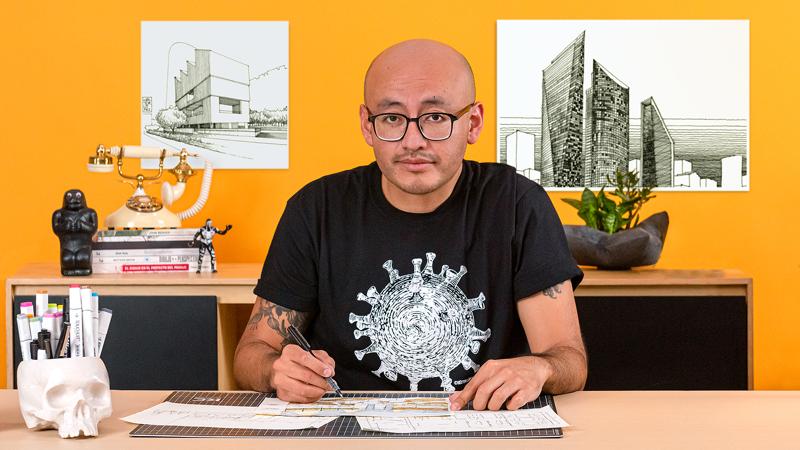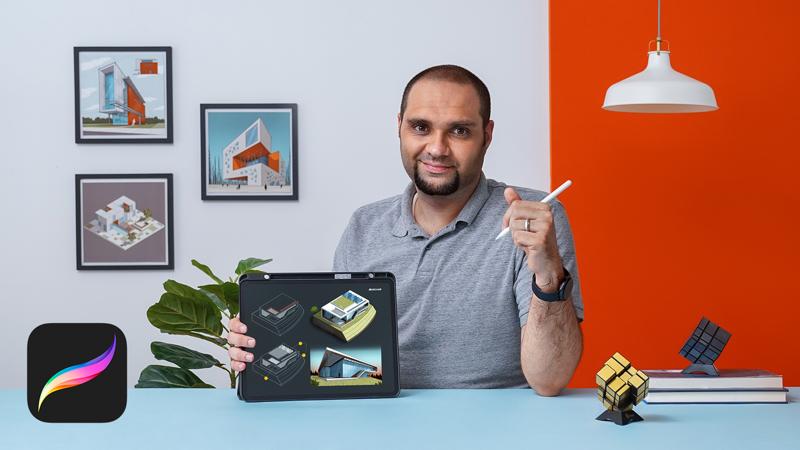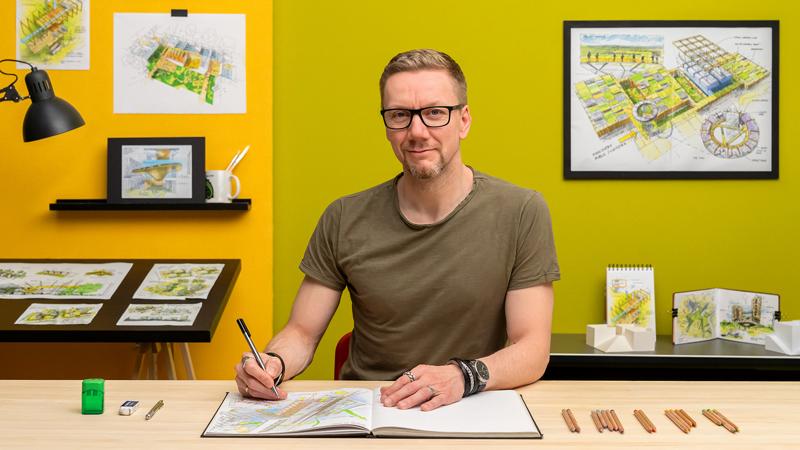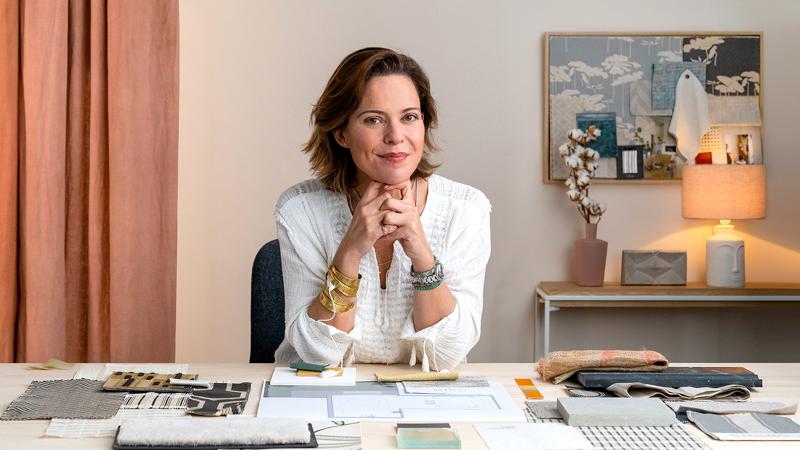Course overview
- Provider
- Domestika
- Course type
- Paid course
- Level
- Beginner
- Deadline
- Flexible
- Duration
- 2 hours
- Lessons
- 16 lessons
- Certificate
- Available on completion
- Course author
- Chío León
-
Textiles are a versatile decoration material that, when used properly, have the ability not only to dress up a room, but also transmit feelings through the sense of touch. According to designer Rocío León, founder of Chío León Studio, textiles are a world of their own within the interior design universe and stand out as one of the fastest ways to transform any space.
In this course, learn how to work with and incorporate textiles into your interior design and decoration projects. Discover when it's best to apply one color over another as well as how to experiment with textures, such as linen and cotton, and qualities, such as twill and velvet. By the end, you'll know how to design spaces that awaken all five senses using fabrics.
Description
To start the course, Rocío León talks about how she discovered her passion for fabrics, interior design, and decoration as well as how she began working professionally in those fields. She also tells you about her influences and the lasting impact they've had on her work, especially when designing spaces or collections.
Get in touch with the materials themselves and discover the different natural fibers out there and where they come from. Go over the most common weaves used in textiles and see how to differentiate a jacquard fabric from a printed one. Learn what rapport is and how to choose your fabrics based on their quality.
Next, Rocío shows you how to read the technical specifications attached to textile samples. Build on this knowledge by analyzing fabrics to understand which are best suited for interior spaces such as a living room, hallway, or bedroom, and which are more appropriate for outdoor use.
Now it's time to work on your project following your teacher's approach. First, visualize the space and its intended use and establish the specific needs of your client or the brand. Then, research and select the main fabrics and other possible combinations. Finally, compile all the references and information you gathered and transform your ideas into a tangible mood board.
Similar courses

-
Flexible deadline
-
2 hours
-
15 lessonsCertificate

-
Flexible deadline
-
2 hours
-
14 lessonsCertificate

-
Flexible deadline
-
2 hours
-
15 lessonsCertificate

